The Longest Peace Vigil in U.S. History
Concepción Picciotto, often referred to as “Connie,” was a Spanish-born peace activist who dedicated her life to the cause of nuclear disarmament and world peace. Her unwavering commitment to her cause, exemplified by her decades-long peace vigil across from the White House, has left an indelible mark on the social and political landscape of the United States. To fully appreciate her legacy, it is essential to examine her early life, her evolution as an activist, the establishment and significance of her peace camp, and her impact on society and the peace movement.

"Her commitment to peace was a daily reminder to the world that one person can make a difference."
Medea Benjamin, co-founder of Code Pink
All of our content is free to access. An independent magazine nonetheless requires investment, so if you take value from this article or any others, please consider sharing, subscribing to our mailing list or donating if you can. Your support is always gratefully received and will never be forgotten. To buy us a metaphorical coffee or two, please click this link.
Table of Contents
*All Book Images Open a New tab to our Bookshop
**If you buy books linked to our site, we get 10% commission from Bookshop.org, whose fees support independent bookshops.
Early Life in Spain
Concepción Martínez was born in Vigo, Spain, in 1936. Her early life was shaped by the tumultuous backdrop of the Spanish Civil War and its aftermath. The hardships faced by her family during this period left a profound impression on her. Although details about her childhood and upbringing are sparse, Concepción eventually emigrated to the United States in the 1960s.
Her move to America was driven by a desire for a better life and new opportunities, but her experiences in her adopted country would ultimately steer her toward activism. Initially, she worked as a secretary in New York City, where she also met her husband. However, their marriage was troubled, and the eventual dissolution of her family life became a turning point that pushed Concepción toward her lifelong mission.
The Path to Activism
The catalyst for Concepcion’s activism came in the late 1970s when she became increasingly disillusioned with governmental policies, particularly those related to nuclear weapons and U.S. military interventions abroad. Her involvement with anti-nuclear and peace movements deepened when she moved to Washington, D.C., where she met William Thomas, a fellow peace activist.
Thomas had already established a presence in Lafayette Square, directly across from the White House, advocating for nuclear disarmament. Concepción joined his efforts and became an integral part of what would eventually become the longest-running continuous peace vigil in U.S. history.

Establishing the Peace Camp
In 1981, Concepción and Thomas formally established their vigil, setting up their peace camp in Lafayette Square. The vigil, which began as a protest against nuclear proliferation, quickly evolved into a broader platform advocating for world peace and human rights. The encampment consisted of makeshift signs, banners, and posters bearing messages such as “Ban All Nuclear Weapons” and “Peace Through Justice.” Over time, it became a fixture of the Washington, D.C., landscape, symbolizing steadfast resistance against war and violence.
Daily Life at the Peace Vigil
Concepción’s dedication to the vigil was remarkable. She maintained her presence at the camp 24 hours a day, seven days a week, often braving extreme weather conditions, harassment, and threats. Her small stature and frail appearance belied an unyielding spirit. The peace camp became her home, and she rarely left its vicinity. Her commitment was fuelled by a deep moral conviction that peace and justice were worth any personal sacrifice. Concepción’s life at the vigil was far from easy; she endured physical discomfort, isolation, and frequent clashes with law enforcement, as city officials periodically attempted to dismantle the camp. Yet, she remained undeterred, viewing her mission as a moral imperative.

A Hub for Dialogue and Awareness
The peace camp served not only as a protest site but also as a gathering place for activists, tourists, and passers-by. Concepción engaged with countless individuals, explaining her cause and distributing literature about the dangers of nuclear weapons and the importance of global disarmament. Her presence inspired dialogue and awareness, drawing attention to issues that many people might otherwise have ignored. The camp’s location – in full view of the White House – served as a constant reminder to policymakers and the public of the urgent need for peace.
"Concepción Picciotto's vigil was not just a protest; it was an enduring symbol of courage and resilience in the fight for justice"
Colman McCarthy, peace activist and journalist
Legal and Logistical Challenges
Throughout the years, Concepción and her peace vigil faced numerous challenges. The camp was frequently targeted by regulations aimed at limiting protests in Lafayette Square. Concepción fought legal battles to protect her right to maintain the vigil, invoking First Amendment protections. These legal struggles highlighted broader issues of free speech and the right to protest, and her perseverance set important precedents for activists across the country. Despite these obstacles, the peace camp endured, becoming an iconic symbol of resistance and a testament to the power of grassroots activism.
A Multifaceted Activist
Concepción’s activism extended beyond the confines of the peace camp. She participated in marches, demonstrations, and other peace-related activities, lending her voice to various causes aligned with her mission. Her advocacy was not limited to nuclear disarmament; she also spoke out against war, human rights abuses, and environmental degradation. Her holistic approach to activism underscored the interconnectedness of these issues, emphasizing that true peace could only be achieved through justice and respect for all forms of life.
Later Years and Enduring Commitment
In her later years, Concepción’s health began to decline, but her commitment to the vigil remained steadfast. Even as age and illness took their toll, she continued to occupy her spot in Lafayette Square, supported by a network of fellow activists and sympathizers. Concepción passed away on January 25, 2016, at the age of 80. Her death marked the end of an era, but her legacy undoubtedly endures.
Impact on Society and Legacy
Concepción Picciotto’s impact on society is profound. Her peace vigil became a symbol of persistence and moral courage, inspiring generations of activists to stand up for their beliefs. Her unwavering dedication to the cause of nuclear disarmament helped keep the issue in the public eye, reminding people of the catastrophic consequences of nuclear war. By maintaining a visible presence in the nation’s capital, she challenged both policymakers and ordinary citizens to confront the moral and ethical implications of war and violence.
Beyond her specific advocacy for nuclear disarmament, Concepción’s work highlighted the importance of grassroots activism in effecting change. Her vigil demonstrated that even a single individual, armed with conviction and determination, could make a difference. Her life serves as a powerful example of the impact that ordinary people can have when they refuse to remain silent in the face of injustice.
"She taught us that perseverance is the foundation of activism, and her voice will echo in the peace movement for generations"
Paul Magno
Influence on the Peace Movement
Concepción’s legacy is also evident in the broader peace movement. Her vigil inspired similar actions around the world, as activists set up their own peace camps and protests to address issues ranging from war to climate change. Her example underscored the importance of visibility and persistence in activism, showing that sustained efforts can create lasting change. While the peace camp she established no longer exists in its original form, its spirit lives on in the ongoing efforts of activists who continue to fight for a more just and peaceful world.
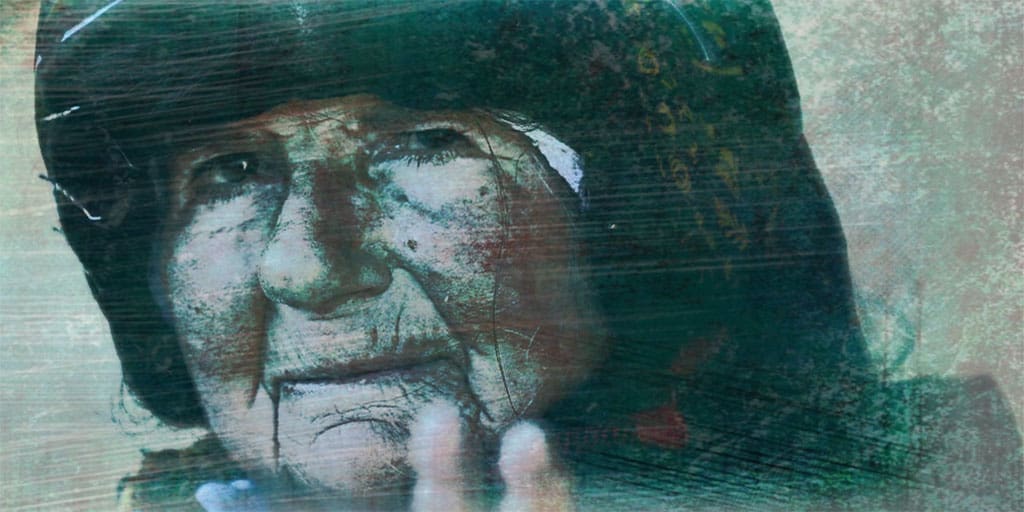
Remembering Concepción Picciotto
Today, Concepción Picciotto is remembered as a symbol of resilience and unwavering commitment to peace. Her story is a testament to the power of individual action and the enduring importance of activism in shaping a better future. As the world continues to grapple with the challenges of war, inequality, and environmental degradation, her life and work serve as a reminder that the pursuit of peace is both a moral obligation and a collective responsibility. By honouring her legacy, we reaffirm our commitment to building a world free from violence and oppression, where the principles of justice and compassion guide our actions.
Browse 1000’s of Books in Our PromisesBooks Bookshop
Discover more from PEN vs SWORD
Subscribe to get the latest posts sent to your email.











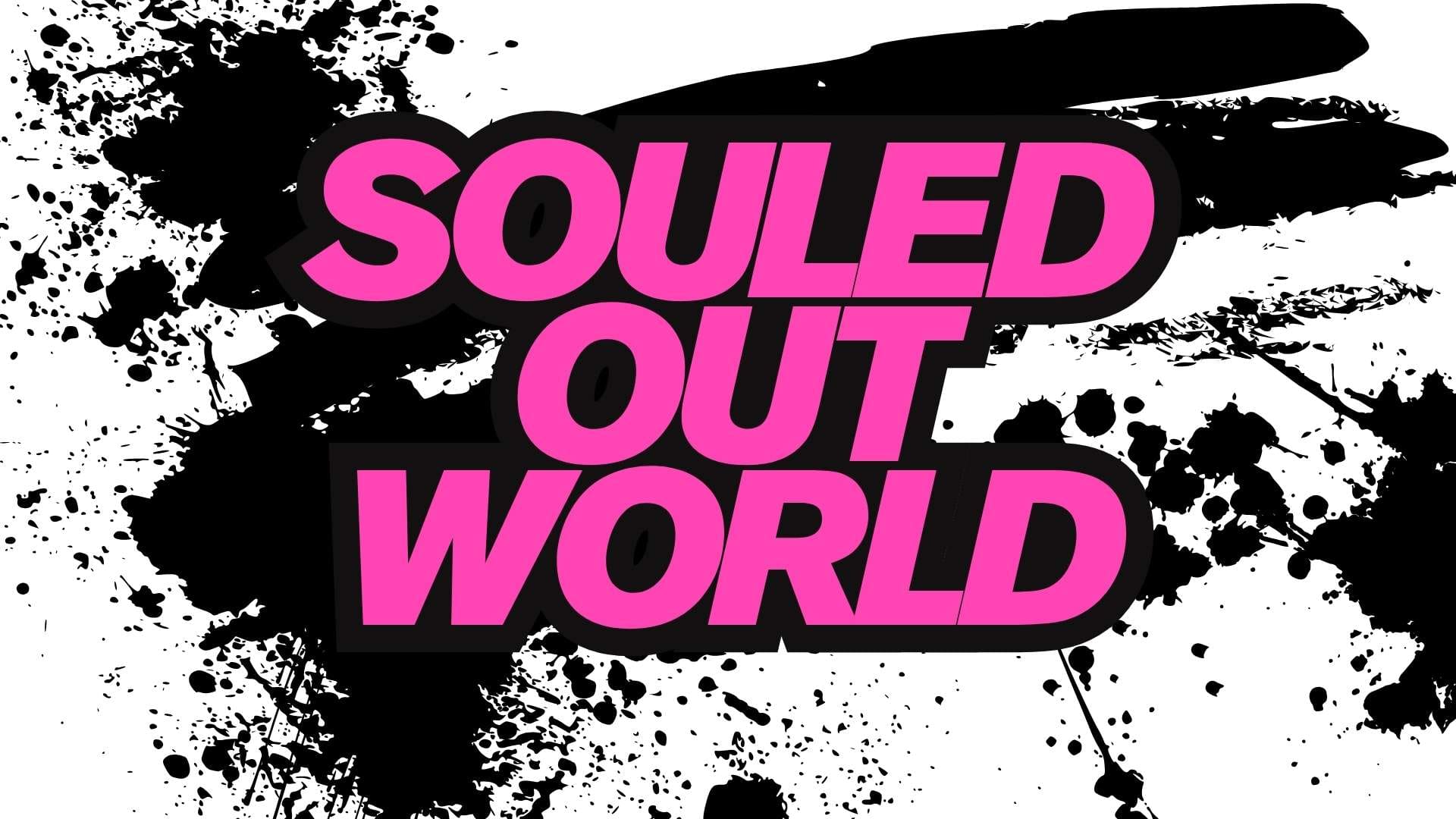


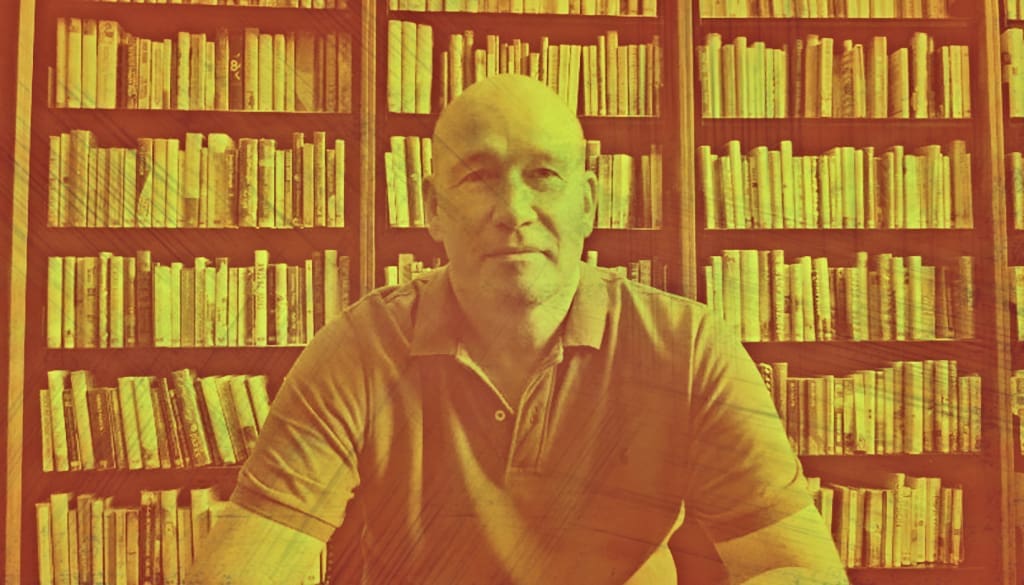

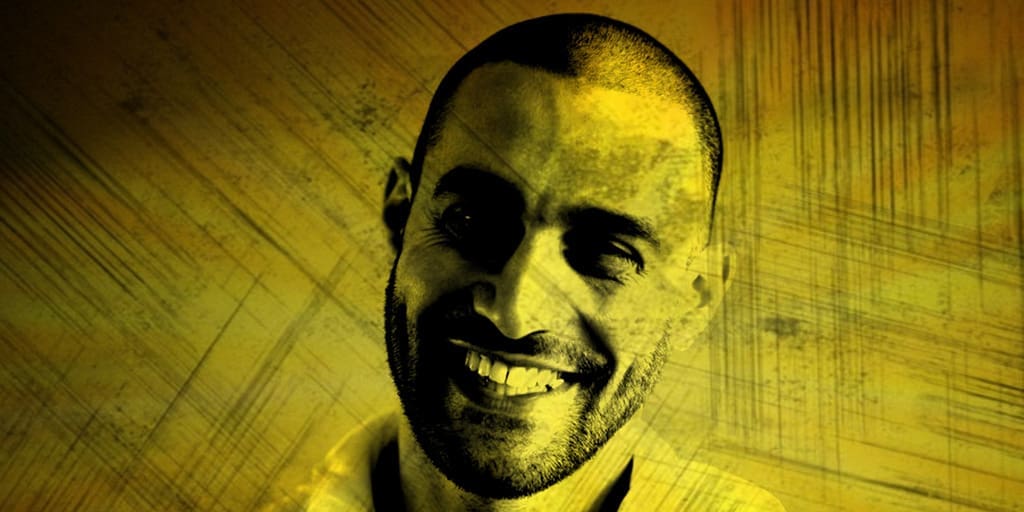
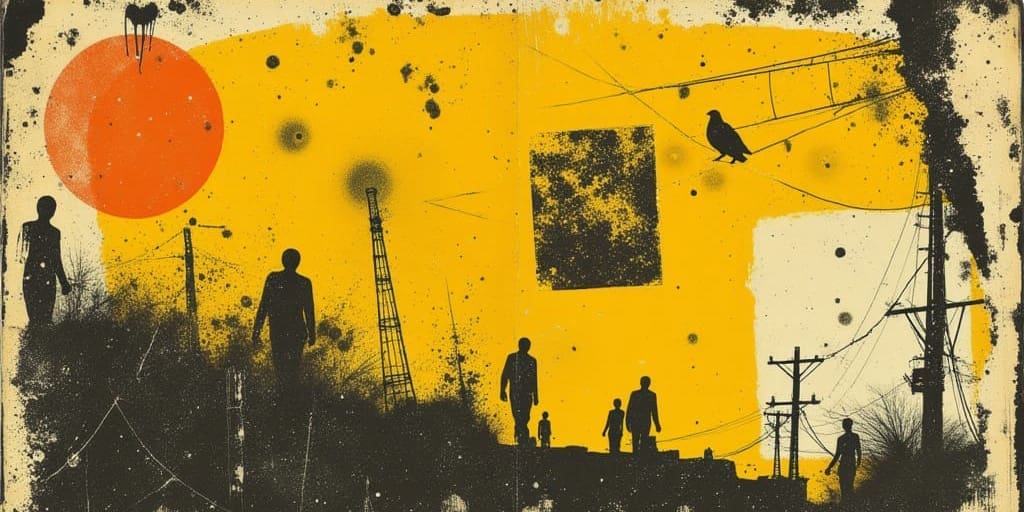
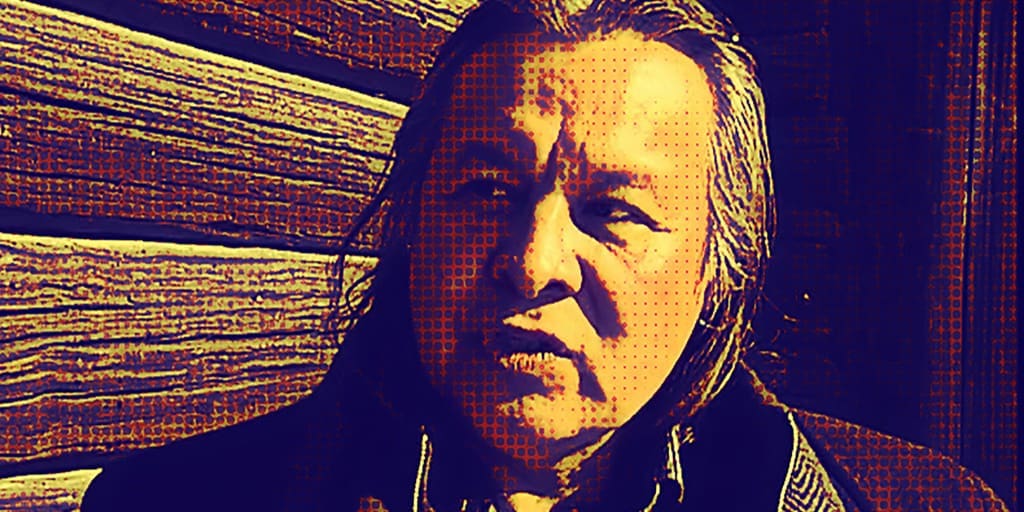
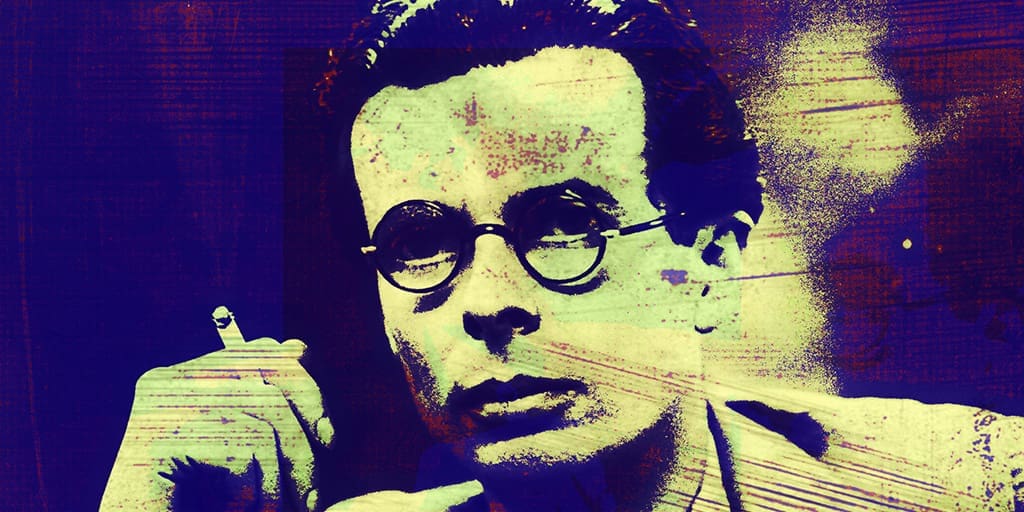

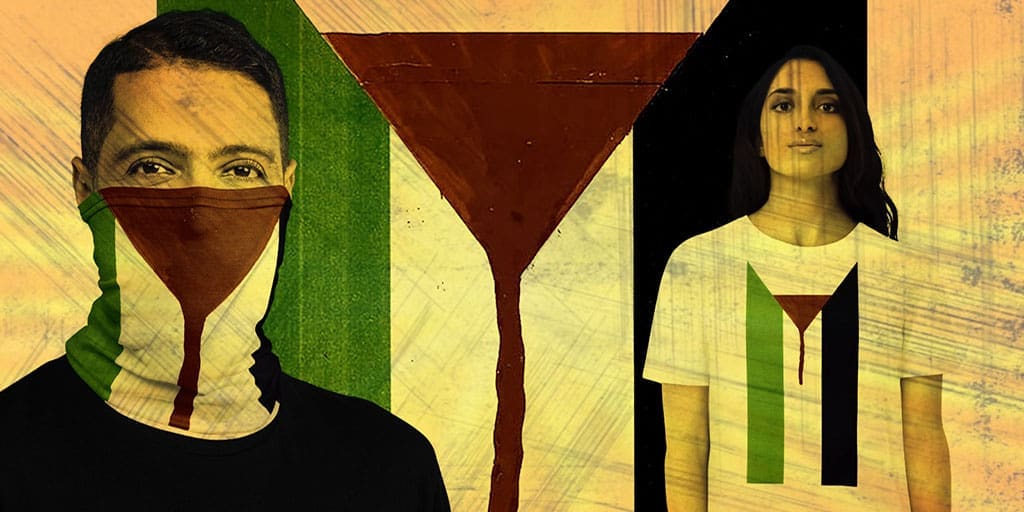

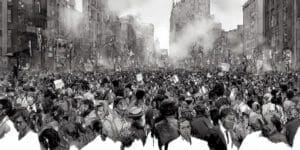


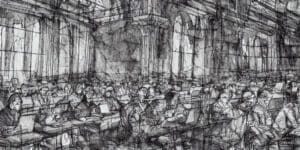
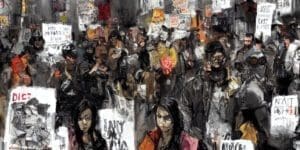




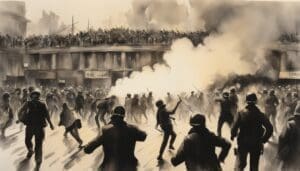



















What do you think?